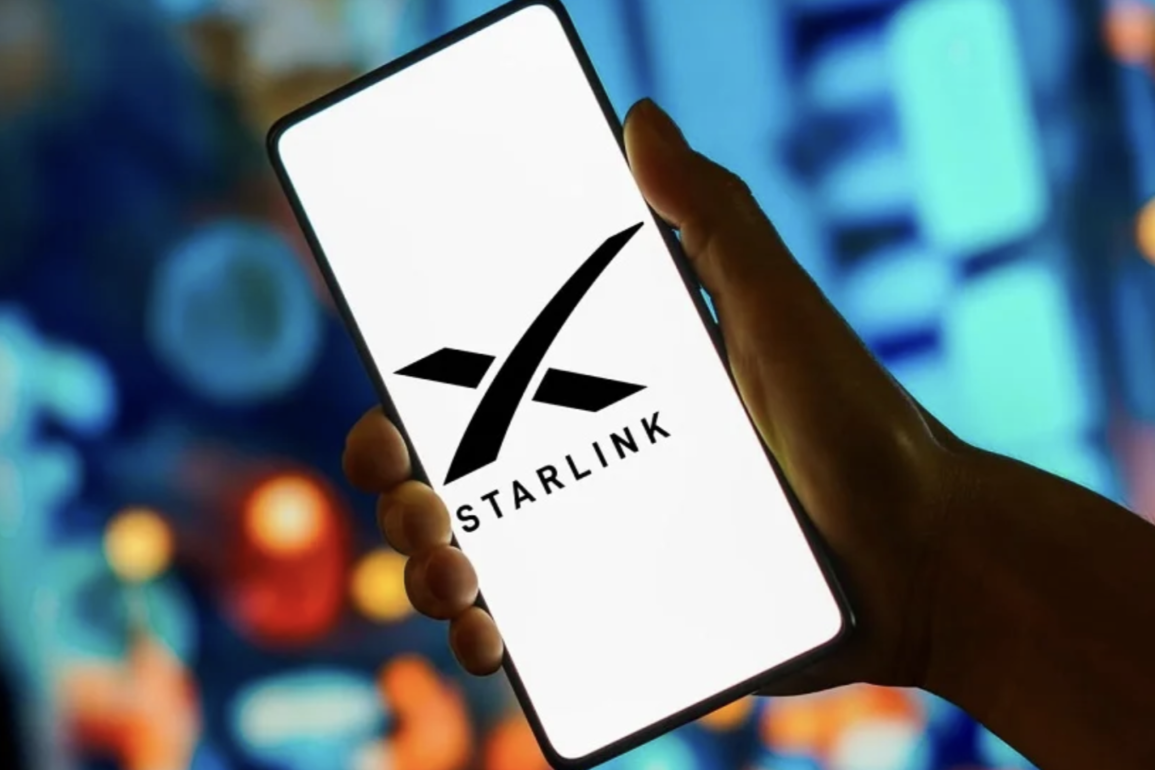Kenya, a country known for its vibrant tech scene and the pioneering mobile money service M-Pesa, is witnessing a seismic shift in its telecommunications landscape. The entry of Elon Musk’s satellite internet service, Starlink, has sent shockwaves through the industry, with the incumbent giant, Safaricom, feeling the heat.
Starlink’s disruptive pricing model, offering significantly cheaper internet access compared to Safaricom’s traditional terrestrial network, has forced Safaricom to re-evaluate its business strategy and accelerate its digital transformation.
The Starlink disruption
Starlink, launched in 2020, leverages a constellation of thousands of low-Earth orbit satellites to provide high-speed internet connectivity to underserved areas around the globe.
Starlink has introduced a 50 gigabyte (GB) monthly data package at a rate of Ksh1,300 ($10.16) which is less than half the asking price for Airtel which charges Ksh3,000 ($23.44) for a similar package. Market leader Safaricom, on the other hand, offers a monthly package of 45GB at Ksh2,500 ($19.53).
Through discounts on its hardware and the introduction of the cheaper $10.16 monthly plan, Starlink users grew tenfold in Q1 2024. On August 21, Starlink introduced a $15 monthly kit rental plan for users who cannot afford $350 to purchase the hardware.
When the company launched in July 2023, it had only 405 subscribers. Two months after Starlink launched in Kenya, this number more than tripled to 1,354. As of March 2024, satellite internet users have grown to 4,808.
The Communications Authority of Kenya (CA) reported that 92% of Starlink users in Kenya enjoy speeds between 100 Mbps and 1 Gbps. The typical download speeds for Starlink users range from 25 to 220 Mbps, with most users experiencing speeds above 100 Mbps. In contrast, Safaricom’s 4G network offers average speeds between 23 and 35 Mbps – and this connection is limited to areas with low populations. Starlink uses space satellites to provide internet connections in remote areas where other terrestrial providers are not available.
In Kenya, Starlink’s arrival has been met with enthusiasm, particularly in rural regions where traditional internet infrastructure has been limited. The company’s aggressive pricing, which is substantially lower than Safaricom’s data rates, has made it an attractive option for both consumers and businesses.
Safaricom, which has enjoyed a near-monopoly in Kenya’s telecommunications market for years, has found itself in a position of vulnerability. The company’s traditional business model, reliant on high data rates and a captive customer base, is being challenged by Starlink’s disruptive pricing.
The threat posed by Starlink is not just about lost revenue but also about the potential erosion of Safaricom’s market share and brand dominance. Starlink operates in Zimbabwe, Nigeria, Mozambique, Malawi, Madagascar, Benin, South Sudan, Eswatini and Sierra Leone.
Safaricom and internet throttling
Safaricom has faced mounting criticism on social media platform X (formerly Twitter) for allegedly throttling internet speeds during recent protests in the country. Users have accused the company of deliberately restricting access to online platforms in an attempt to suppress dissent and hinder the spread of information.
In response to the accusations, Safaricom attributed the internet disruptions to a series of undersea cable malfunctions. However, many Kenyans have expressed skepticism about this explanation, arguing that the timing of the outages coincided suspiciously with periods of heightened political unrest.
“It’s no coincidence that the internet went down during the protests,” Anita Nkirote, a Nairobi-based digital Activist told Afcacia. “Safaricom is clearly trying to control the narrative and prevent people from organizing.”
While Safaricom has maintained its stance that the undersea cable issues were the sole cause of the internet disruptions, critics argue that the company’s explanation lacks credibility. They contend that Safaricom has a history of using its dominant market position to exert control over the flow of information, particularly during times of political instability.
In response to the Starlink challenge, Safaricom has embarked on a multi-pronged strategy to defend its market position. Firstly, the company has accelerated its investments in infrastructure and network upgrades to improve the quality and coverage of its services. By enhancing its network, Safaricom aims to provide a more competitive value proposition to its customers.
In July last year, Safaricom, announced plans to launch satellite Internet services to compete with Starlink. The telco said it would collaborate with AST SpaceMobile, a Starlink competitor, to offer this service. Safaricom intends to use AST SpaceMobile’s satellite Internet to improve its broadband services, including Wi-Fi, cellular networks, and fibre optic cables. But these plans have not borne fruit so far.
Safaricom is also focusing on customer retention and loyalty. The company has introduced various loyalty programs and promotions to incentivize customers to stay with Safaricom. By providing exceptional customer service and value-added benefits, Safaricom hopes to retain its existing customer base and attract new subscribers. For instance, it has an offer of 1GB of mobile internet for Sh20 that expires in one hour.
Safaricom wants Starlink out of Kenya
The company is now panicking and is doing everything to ward off competition from Starlink. It wants satellite operators to partner with existing internet service providers instead of companies like Starlink setting up shop as standalone operations, arguing that their direct entry into the market poses a threat to mobile network quality.
Safaricom, which is 35% owned by the Kenyan government, wrote to the Communications Authority of Kenya’s director-general last month to express concerns about the granting of independent licenses to satellite internet providers such as Starlink.
“Satellite coverage inherently spans multiple territorial borders and in doing so has the potential to illegally provide services and cause harmful interference within the territorial borders of the Republic of Kenya,” the letter said.
It wants the Communications Authority to consider requiring satellite providers to operate as “infrastructure providers” to mobile network operators like Safaricom. “We propose that the CA instead consider mandating that satellite service providers to only operate in Kenya subject to such providers establishing agreement with an existing local licensee,” Safaricom said in the July 15 letter. “Satellite service providers should therefore not be granted a license directly/independently but rather only permitted to operate under the license rights of the local licensee.”
It said this would ensure providers invest in Kenya, employ local people and comply with Kenya laws.
The broader implications
The competition between Safaricom and Starlink has far-reaching implications for Kenya’s telecommunications industry and the broader economy. The entry of Starlink will keep competition for mobile internet stiff in the coming months and force Safricom to lower its pricing on both mobile and home internet. This increased competition is likely to benefit consumers, who can expect lower prices, better services, and a wider range of choices.
Moreover, the competition could stimulate investment in Kenya’s telecommunications infrastructure. As both companies strive to expand their networks and improve coverage, they are likely to invest in new technologies and infrastructure, which will ultimately benefit the country’s digital economy.
The competition also highlights the importance of regulatory frameworks to ensure a level playing field and protect consumers. The Kenyan government will need to play a proactive role in regulating the telecommunications market to prevent anti-competitive practices and ensure that consumers are not disadvantaged.




